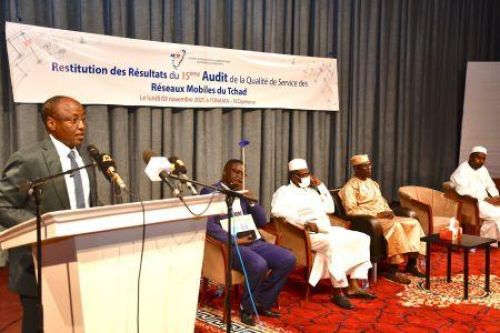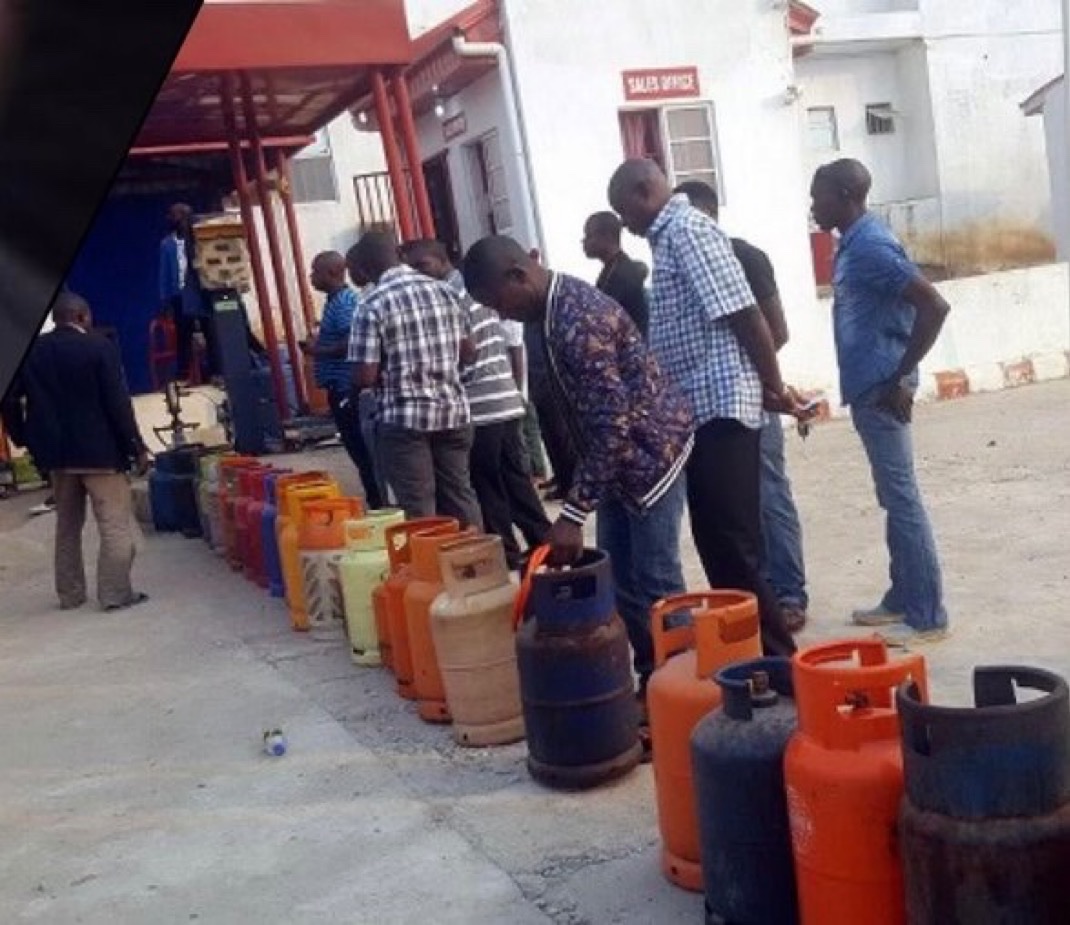Chad’s telecommunications sector has come under scrutiny following the latest audit conducted by the country’s telecommunications regulator, the Autorité de Régulation des Communications Électroniques et des Postes (ARCEP). The detailed audit revealed that overall service quality across the nation remains below acceptable standards, even as Moov Africa managed to outperform its major competitor, Airtel Chad. Despite this marginal victory, both operators were found wanting in key areas such as network coverage, call quality, internet speed, and service reliability.
This latest assessment paints a concerning picture of the telecom industry in Chad, where users continue to grapple with weak signals, call drops, and inconsistent data services despite regulatory efforts to ensure quality improvement.
Moov Africa Tops Airtel Chad in Telecom Quality Ratings
According to ARCEP’s audit report, Moov Africa emerged as the better-performing operator with a score of 123.86 out of 200, while Airtel Chad trailed behind with 98.35 points. The evaluation, conducted across all 77 major cities and national highways, involved over 563 static and dynamic tests covering 2G, 3G, and 4G technologies.
The results indicate that although Moov Africa outperformed Airtel Chad, both service providers still fall far short of meeting minimum standards for network performance. The regulator emphasized that the overall quality of telecom services in Chad remains “poor,” with widespread technical failures affecting user experience nationwide.
Audit Findings Reveal Deep Systemic Issues
The ARCEP audit uncovered several critical technical deficiencies contributing to the country’s weak telecommunications infrastructure. Among the main problems identified were:
- Frequent equipment malfunctions and delayed maintenance routines.
- Power supply failures leading to recurrent network outages.
- Low internet penetration and poor 4G deployment in several key regions.
- Dropped calls and low voice quality during peak hours.
These challenges were found to be particularly severe in remote regions, where connectivity remains erratic, forcing users to rely on unstable 2G networks. The report also noted that some network sites were entirely non-functional during the testing period due to technical faults or power issues.
Regulatory Authority Raises Concerns but Stops Short of Sanctions
Despite the damning findings, ARCEP has not imposed any new sanctions on the telecom operators. However, the regulator reminded both companies that under Chadian law, telecom providers can face fines of up to 5% of their annual revenue for non-compliance with service quality standards. Repeated violations may also result in suspension or revocation of operating licenses.
Observers have noted that ARCEP’s decision to withhold immediate sanctions may reflect a cautious regulatory approach aimed at giving the operators time to address the identified problems. Nonetheless, consumer groups and industry analysts argue that leniency without strict enforcement could encourage further negligence in service delivery.
Airtel Chad’s Troubled History and Investment Pledges
This is not the first time Airtel Chad has faced regulatory backlash. In 2023, the company was fined CFA 5 billion for failing to meet its investment obligations under the terms of its license. Despite the penalty, subsequent audits indicate that network quality has seen little improvement.
In response to mounting criticism, Airtel Chad announced in September 2025 a new CFA 50 billion investment plan to enhance its network infrastructure. The company pledged to roll out upgrades to its base stations, improve rural coverage, and expand 4G connectivity by mid-2026. Industry experts, however, remain skeptical about how quickly these promises will translate into tangible improvements for consumers.
Moov Africa’s Slight Edge: A Temporary Advantage?
While Moov Africa’s score of 123.86 reflects a stronger performance compared to Airtel, it still indicates serious shortcomings. The operator, a subsidiary of Maroc Telecom, continues to face similar infrastructural and technical challenges, including limited fiber backbone, poor energy backup systems, and uneven urban-rural coverage.
Analysts suggest that Moov Africa’s relatively better score may be due to slightly improved customer service and stability in certain regions rather than a significant technological advantage. The audit underscores that both operators are underperforming and that the telecom landscape in Chad remains highly fragile.
Impact on Consumers and the Broader Economy
The poor state of telecom services in Chad has far-reaching implications. For everyday users, unreliable connectivity translates to frequent disruptions in communication, reduced productivity, and difficulty accessing digital services. For businesses, particularly those in banking, logistics, and e-commerce, the inconsistent network performance hinders operational efficiency and growth potential.
Digital inclusion efforts are also taking a hit, as weak telecom infrastructure limits access to online education, health services, and e-government platforms. With Chad aiming to strengthen its digital economy, improving telecom quality has become a national priority.
Calls for Stronger Enforcement and Infrastructure Investment
Telecom experts and policy advocates have called on ARCEP to enforce stricter compliance measures and ensure that service providers fulfill their investment commitments. They argue that without consistent regulatory pressure, operators may continue to prioritize profit over quality, leaving millions of subscribers underserved.
Moreover, there are growing calls for increased investment in power stability, fiber-optic networks, and rural connectivity, as these are essential to achieving reliable and inclusive telecom services across Chad.
Future Outlook: Can Airtel and Moov Africa Deliver?
The coming year will be critical for Chad’s telecom industry. Airtel Chad’s ambitious investment plan, if properly implemented, could significantly improve network quality and customer experience. Similarly, Moov Africa’s continued expansion of its 4G footprint could strengthen its market position.
However, unless both operators address the structural problems identified by ARCEP—particularly maintenance gaps, power reliability, and service consistency—Chad’s telecom sector risks remaining among the weakest in Central Africa.



